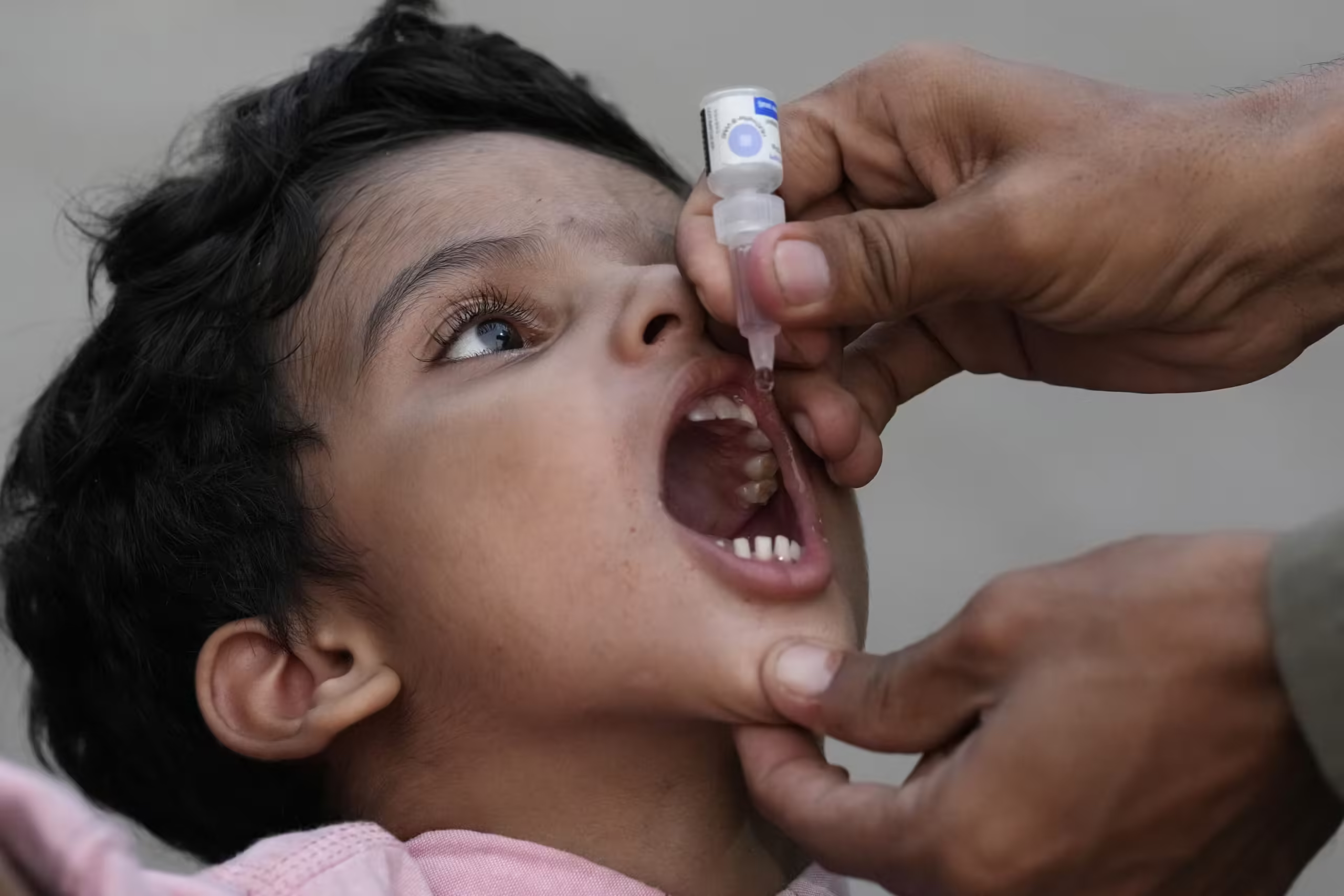Mental health issues in Pakistan have escalated to alarming levels, with recent data presented by the Ministry of Health painting a troubling picture. According to the Ministry’s report to the National Assembly, an estimated 80 million people in Pakistan are suffering from some form of psychological or mental health problem. This statistic highlights the critical need for mental health services and the importance of recognizing mental illness as a public health crisis. Yet, despite these growing numbers, there are concerns about the accessibility and quality of psychiatric treatment across the country.
A Troubling Surge in Mental Health Problems
Mental health conditions have been on the rise globally, but in Pakistan, the issue has reached particularly concerning levels. Economic instability, political turmoil, and social pressures have exacerbated the mental health crisis in the country. The World Health Organization (WHO) and various national studies have consistently indicated that a large proportion of Pakistan’s population suffers from conditions such as anxiety, depression, and post-traumatic stress disorder (PTSD). This crisis is further aggravated by the stigma associated with mental illness, preventing many from seeking treatment.
The data presented in the National Assembly emphasized that psychiatric services are available in all major hospitals and medical colleges in Pakistan. Departments dedicated to treating mental health disorders exist across the country. However, despite these efforts, there remains a significant gap between the number of individuals needing help and the available resources.
Accessibility of Mental Health Services
One of the primary concerns surrounding mental health care in Pakistan is the accessibility of services. Even though psychiatric departments operate in many of the country’s major hospitals, the demand far exceeds the supply. With 80 million people suffering from mental disorders, the available facilities are insufficient to provide adequate care. Mental health services are often concentrated in urban areas, leaving rural populations without access to essential treatments.
Moreover, mental health services in Pakistan are often unaffordable for the average citizen. Even in cities where facilities exist, the cost of psychiatric consultations, medications, and therapy sessions can be prohibitive. For many, mental health care is considered a luxury rather than a necessity, making it difficult for those who need help to receive it. This issue is compounded by a shortage of trained mental health professionals, with Pakistan having one of the lowest ratios of psychiatrists to patients in the world.
The Role of Health Cards in Providing Mental Health Services
A significant aspect of the debate around mental health care in Pakistan relates to the suspension of health card services, which were introduced during the tenure of Pakistan Tehreek-e-Insaf (PTI). The health card scheme was designed to provide free medical services to citizens, including psychiatric care, by enabling access to both public and private hospitals. In the National Assembly session, member Roy Hasan Nawaz raised concerns regarding the suspension of these services and whether political motives were behind this decision.
The health card scheme had been praised for making health care, including mental health services, more accessible to those in need. It provided a lifeline for many Pakistanis who could not afford treatment for their psychological conditions. The closure of this program has left many without access to vital care, raising concerns about the future of mental health support in the country.
Government Response to Health Card Suspension
Federal Minister Jam Kamal addressed the concerns about the suspension of health card services during the National Assembly session. He clarified that the government had not discontinued the health card program for political reasons. Instead, he explained that irregularities had been discovered in the card processing system, particularly in Islamabad, leading to the temporary suspension of services in Islamabad and Gilgit-Baltistan. The Minister assured the assembly that efforts were being made to rectify the issues and reinstate the service as soon as possible.
This explanation highlights the importance of maintaining transparency and efficiency in health-related programs. While the health card service remains suspended, those in need of mental health care are left without crucial support. The government’s commitment to resolving the issue and restoring the service is essential for ensuring that millions of Pakistanis can access the mental health services they desperately need.
The Urgent Need for Mental Health Awareness and Support
Pakistan’s mental health crisis requires urgent attention from both the government and society at large. There is a dire need for greater investment in mental health services, particularly in rural areas where such facilities are scarce. The government must prioritize training more mental health professionals, including psychiatrists, psychologists, and counselors, to address the growing demand for care.
Furthermore, public awareness campaigns are essential to destigmatizing mental health issues and encouraging individuals to seek help. Many people suffering from mental health conditions continue to face discrimination and social ostracization, making it difficult for them to come forward. The government, civil society organizations, and media outlets must work together to create a culture of understanding and support around mental health.
The rise of mental health issues in Pakistan is a serious public health challenge that cannot be ignored. With 80 million people affected, the government must take decisive action to improve access to mental health care, ensure the continuation of essential programs like the health card scheme, and promote awareness to eliminate the stigma surrounding mental illness. Mental health is not a luxury, and it is time for Pakistan to treat it as a priority in its public health agenda.



